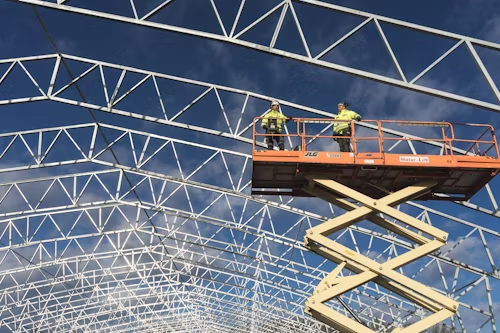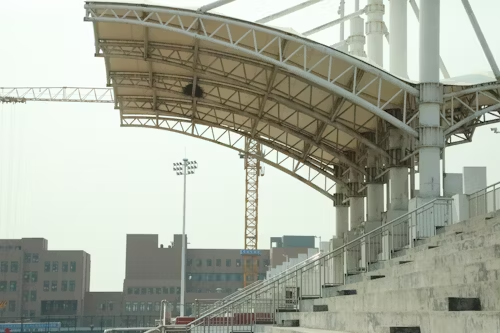
Arlington Heights, IL — Plans for a new Chicago Bears stadium in Arlington Heights are moving forward, with state and local leaders weighing the next steps in funding and infrastructure. The team has committed over $2 billion to construct a new, fixed-roof stadium but is seeking $855 million in public funds to support roads, utilities, and other infrastructure necessary to "jumpstart the redevelopment potential" of the Arlington Park site.

While excitement builds, officials acknowledge mixed reactions from residents.
“I hear it all the time, no matter where I go out for dinner or in the community,” said Arlington Heights Mayor Jim Tinaglia. “You know, they're excited that the Bears are coming, but there's maybe even an equal number of folks who are concerned for all the right reasons.”
Mayor Tinaglia highlighted the complex factors involved, from traffic, safety, economics, and infrastructure, to stakeholder coordination.
“We cannot drop the proverbial ball,” he said. “We have to get into the end zone as a team here that really hits all those marks, and then it'll be fabulous.”
Recent economic projections released by both the Bears and the village align closely, estimating annual tax revenue of $15–18 million for Arlington Heights, though officials caution these figures may be conservative.
Property owners are learning more about potential impacts on local taxes.
“The only expectation that I would have for anyone's property in Arlington Heights is that their property values should go up in price, which then, of course, that means your property taxes might go up commensurately,” Mayor Tinaglia said. He clarified that tax increases would not fund the stadium directly.
Local real estate experts also weighed in.

“You're going to have a little bit of a change, but the stadium and the grounds look like they're going to be a go-to destination,” said Maria DelBoccio, a local broker. “So I feel like, yes, we're going to have some impact, but is it going to change why we love living in Arlington Heights? I do not think that.”
Illinois Governor JB Pritzker indicated the state may support infrastructure funding for the project but emphasized caution.
“The state will help where we can on infrastructure and other things that are the job of the state,” Pritzker said. “But, if I can, I just want to reiterate what we won't be is an unending, you know, hole full of money that is, you know, feeding it to a stadium when we have so many other valuable things that the state should be investing in for the people.”
The Bears are now advocating for the Megaproject Bill in Springfield, which would allow them to negotiate tax agreements with local municipalities, school districts, and park districts instead of relying on the Cook County Assessor.
With the Illinois General Assembly's veto session starting October 14, officials and residents will be closely watching the outcome, which could determine the feasibility and timing of the long-anticipated stadium project.
Originally reported by Rob Hughes in ABC 7 Eyewitness news.